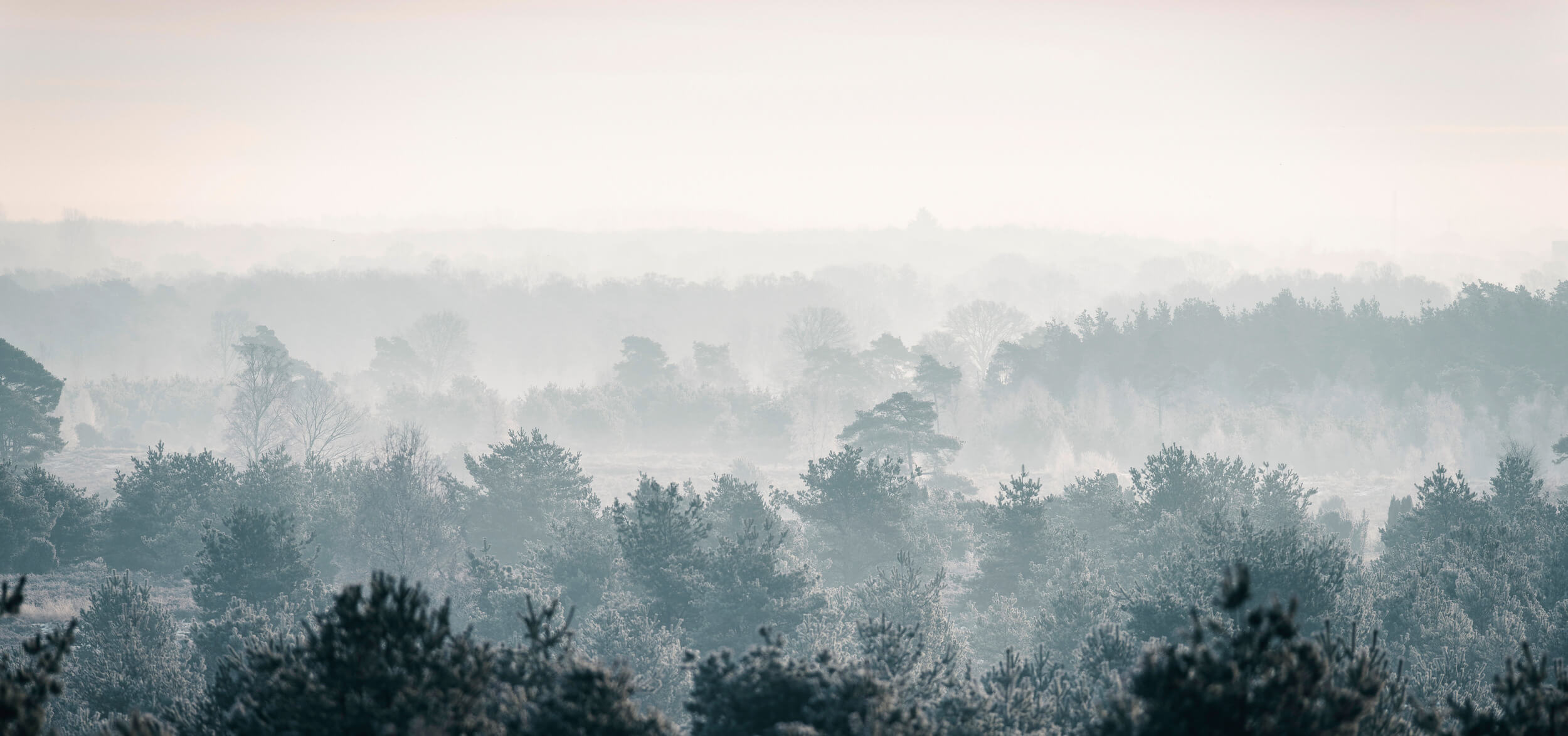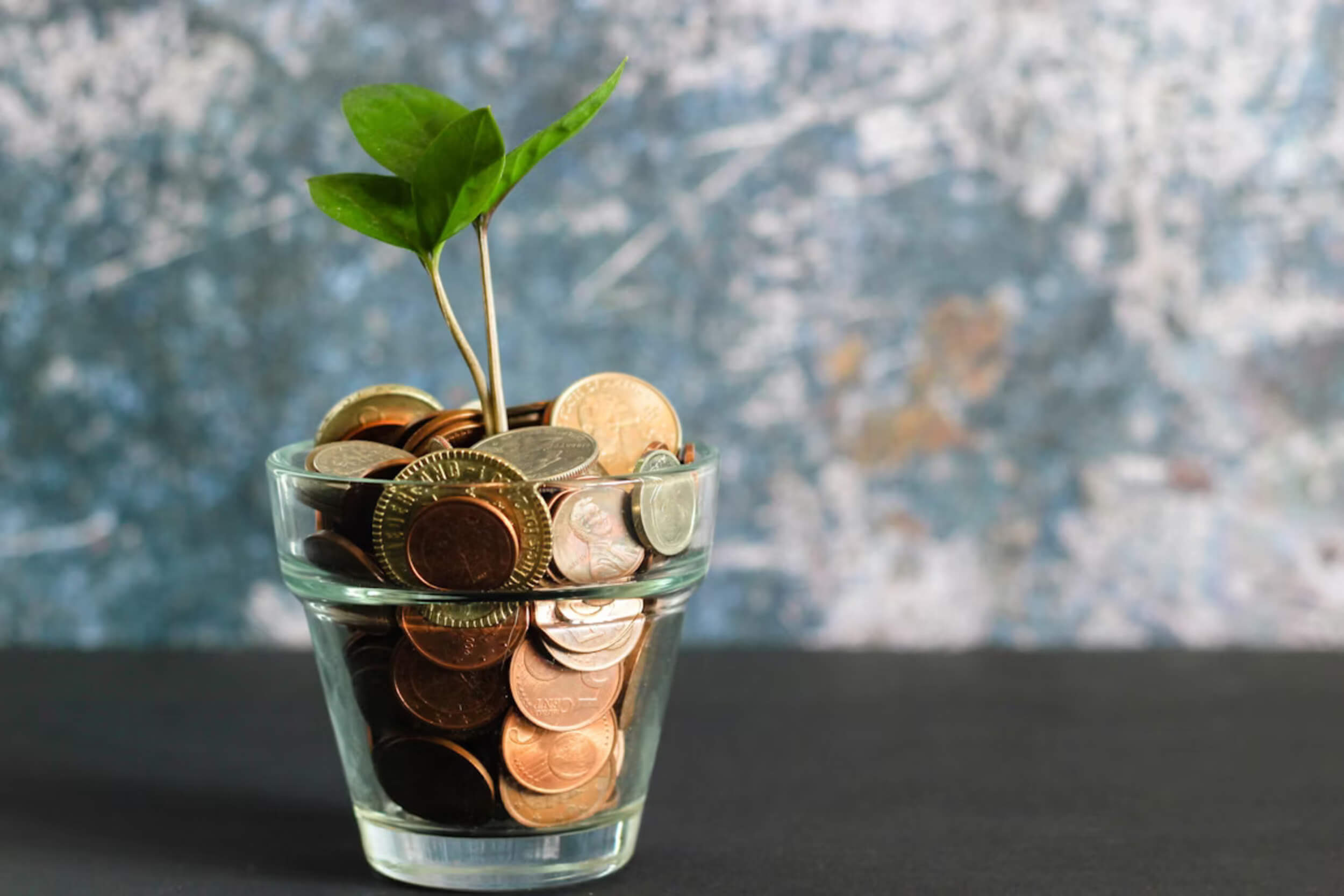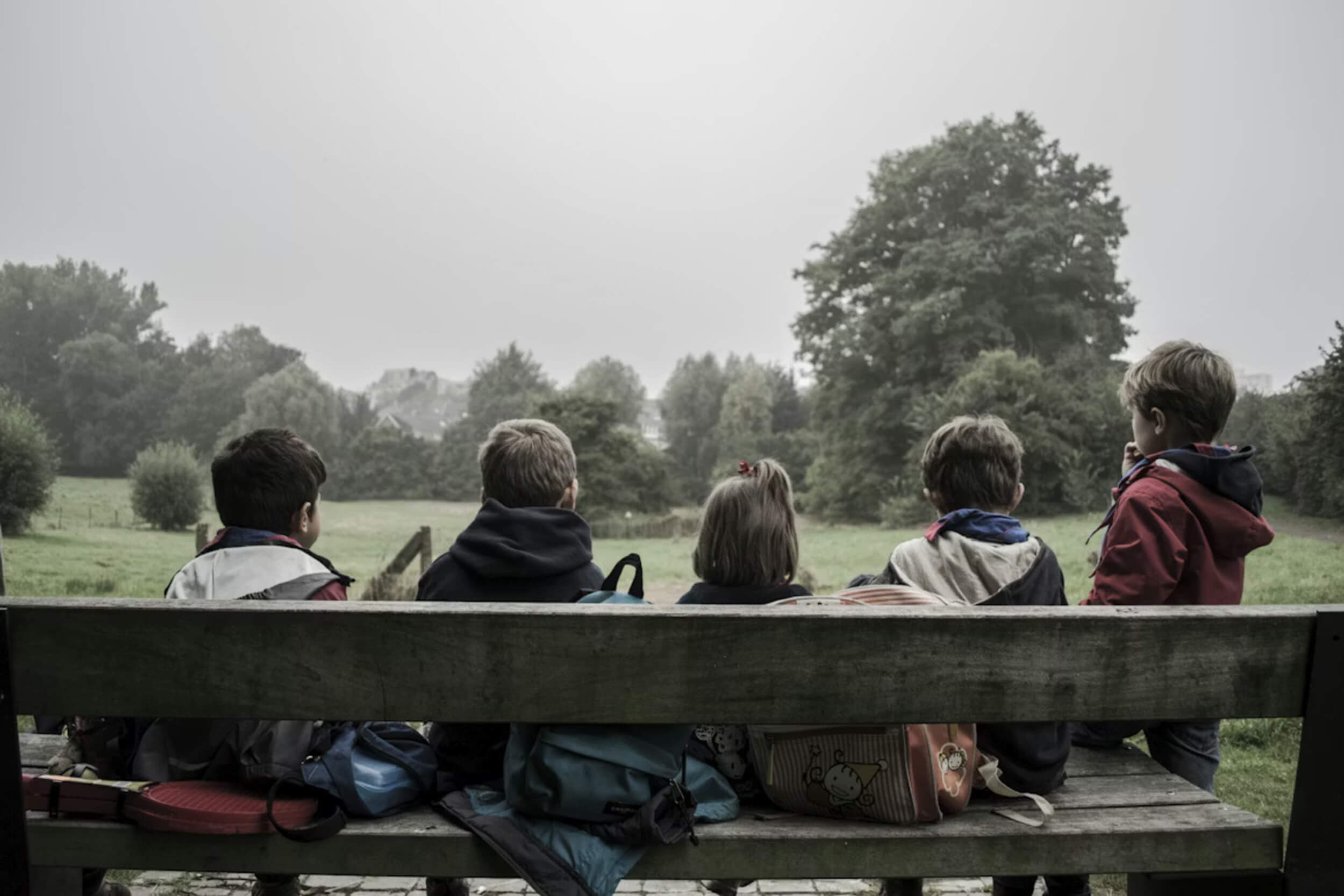You might think climate change is only about melting ice or faraway places you’ve never been. But it’s already right where you are — in your home, your routine, and even what’s on your plate.
Maybe you’ve noticed hotter nights that make it harder to sleep. Or seen food prices go up without knowing why. These small changes often go unnoticed, but they add up — and they’re linked to climate change more than people realize.
Even your health, your energy bill, and the air you breathe are being affected little by little.
What used to feel like a distant problem is now showing up in everyday ways. And the more we pay attention, the better we can handle what’s coming. This isn’t about panic — it’s about noticing what’s already here and learning how to deal with it.
1. Sleepless Nights from Rising Temperatures
Hotter nights aren’t just uncomfortable — they’re quietly making it harder for many people to get a good night’s sleep.
Warmer Nights Mean Poorer Sleep
Getting good sleep is already tough, but hotter nights are making it worse. When the air stays warm even after sunset, your body has a harder time cooling down — and that makes falling asleep a struggle. This is becoming more common in cities where concrete and buildings trap heat. Research shows that heatwaves lead to more restless nights and even raise the chances of insomnia.
What You Can Do
To sleep better during hot spells:
- Use blackout curtains to keep sunlight out during the day
- Keep windows open at night for airflow
- Switch to lightweight sheets or a cooling mattress
These small changes can help you rest easier, even when the temperature doesn’t drop much.
2. Everyday Allergies Are Getting Worse
More people are dealing with allergies lately, and climate change is playing a big part in why symptoms are getting worse and lasting longer.
Longer Pollen Seasons
If you’ve been sneezing more lately, you’re not imagining it. Warmer weather and higher CO₂ levels are helping plants release more pollen — and for longer stretches of time. Spring allergies now start earlier and hang around longer. Plants like ragweed are especially thriving.
Hidden Costs on Health
Because of this:
- People are using allergy meds more often
- More sick days are being taken
- Some find it harder to focus at work or school
This is one more way climate change is quietly affecting our daily health.
3. Food Prices Are Quietly Climbing
The rising cost of groceries isn’t just about inflation — climate change is making it harder to grow the food we rely on every day.
Climate-Driven Crop Failures
Next time your grocery bill feels higher than usual, weather could be part of the reason. Floods, droughts, and storms are damaging crops, which lowers supply and pushes prices up. Coffee, chocolate, and fresh fruit are just a few items already hit.
It’s Not Just Luxury Items
Even basics like:
- Rice
- Wheat
- Milk
are affected. When farming struggles, the cost trickles down to your dinner table. These rising prices are one more hidden effect of climate change.
4. Utility Bills Are Taking a Hit
Extreme weather is pushing heating and cooling systems to work harder, and that extra energy use is showing up in monthly utility bills.
More Heatwaves, More Air Conditioning
Cooling your home used to be seasonal. Now, it’s becoming a year-round expense. Hotter days mean more fans, more AC, and higher electricity bills. Places that didn’t used to need much cooling are now dealing with spikes in usage.
Winter Costs Climb Too
It’s not just summer. Cold snaps caused by shifting weather patterns are forcing people to crank up the heat as well. All of this adds up:
- Bigger electric bills
- More pressure on energy systems
- Less room in the budget for other needs
Climate change is hitting wallets in more ways than one.
5. Mental Fatigue from Climate Stress
Constant news about wildfires, floods, and rising temperatures is quietly weighing on people’s minds, leading to stress that’s easy to overlook.
Climate Anxiety Is Real
Hearing about fires, floods, and rising seas day after day takes a toll. People feel nervous, overwhelmed, or helpless. This is now called climate anxiety, and it’s especially common among young adults.
Daily Impact on Mood and Motivation
This stress can quietly show up in your life through:
- Trouble sleeping
- Lack of motivation
- Feeling disconnected
Even when you’re not talking about it, climate change can sit quietly in the back of your mind.
6. New Bugs, New Health Risks
As temperatures rise, insects that carry diseases are spreading into new areas, bringing health risks that weren’t common before.
Insects Are Spreading into New Regions
You might start seeing mosquitoes or ticks in areas where they didn’t use to live. That’s because warmer weather helps them survive in more places. Some now carry diseases like dengue or Lyme disease that used to be rare in certain regions.
Less Cold, More Survival
Colder winters used to kill off many of these pests. Now, with mild seasons:
- They live longer
- They breed faster
- They show up earlier in the year
It’s a slow shift, but it’s one that’s changing what’s considered a “safe zone” for outdoor activities.
7. Water Worries at Home
Changes in rainfall and temperature are starting to affect both how much water we have and how safe it is to use at home.
Droughts Affect Supply and Quality
In some areas, there’s just not enough water. Less rain and overuse are shrinking reservoirs, leading to:
- Tighter usage rules
- Lower water pressure
- Possible price hikes
Flooding Can Contaminate Tap Water
On the flip side, too much rain can overload systems and cause:
- Dirty water coming from taps
- Boil alerts in some neighborhoods
- Risk of sickness from bacteria or chemicals
Climate change is pushing water systems in both directions.
8. Transportation Disruptions You Didn’t Expect
More heat and heavy rain are putting stress on roads, trains, and flights — making everyday travel less reliable than it used to be.
Roads and Rails Aren’t Built for This
Many roads and train tracks were designed for older weather patterns. Now, with more heat and heavy rain:
- Asphalt melts or cracks
- Tracks bend or flood
- Transit gets delayed more often
The Daily Commute Gets Unreliable
More people are seeing:
- Longer travel times
- Sudden closures
- Higher fuel costs from supply chain issues
These everyday setbacks are another way climate change is affecting daily life, even if it’s not always obvious.
Final Thoughts: Climate Change Isn’t Distant — It’s Daily
What used to feel far away is now showing up in everyday ways — in higher bills, sleep issues, and even the air we breathe. Climate change isn’t just about the planet; it’s about how we live each day.
Noticing these small changes is the first step. From changing habits at home to supporting local solutions, there are simple ways to help.
You don’t need to do everything — just something. Small choices, when done by many, can make a real difference. Climate change is real, but so is the power we have to respond to it.















